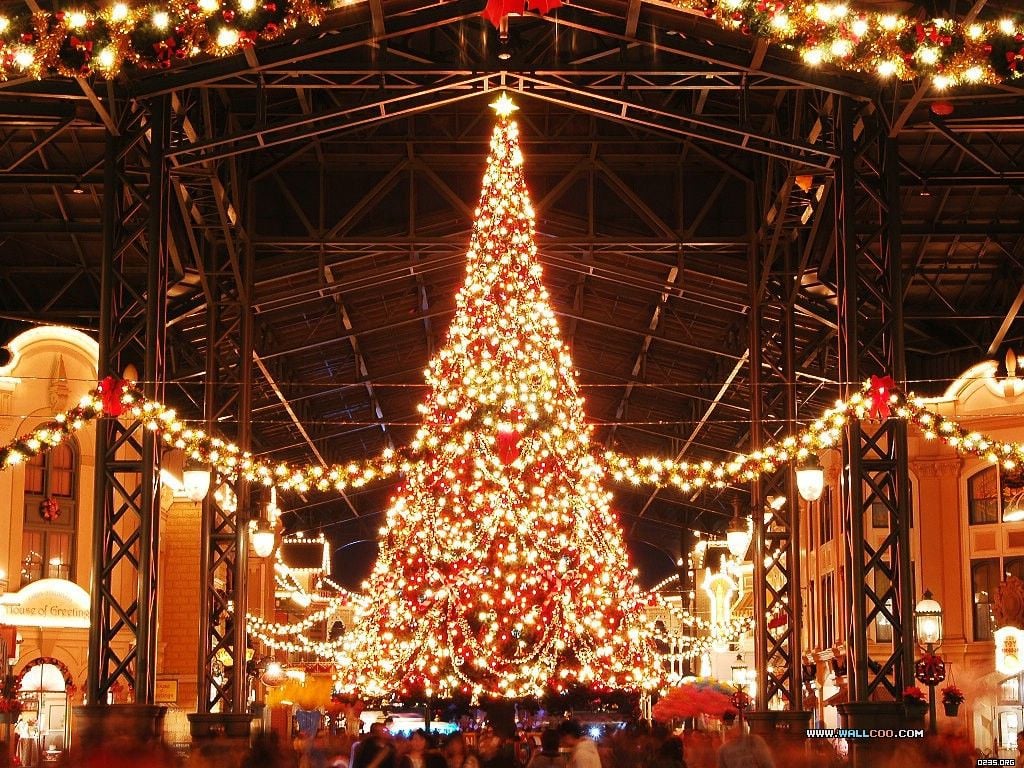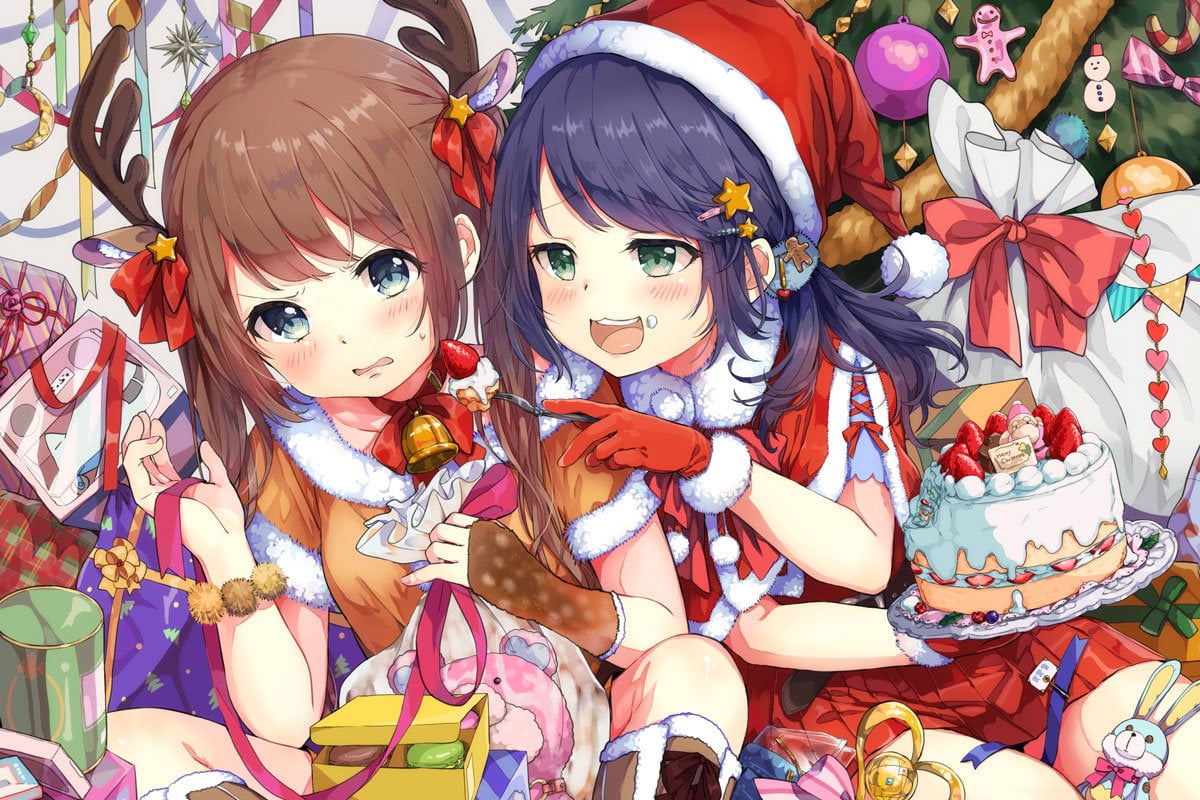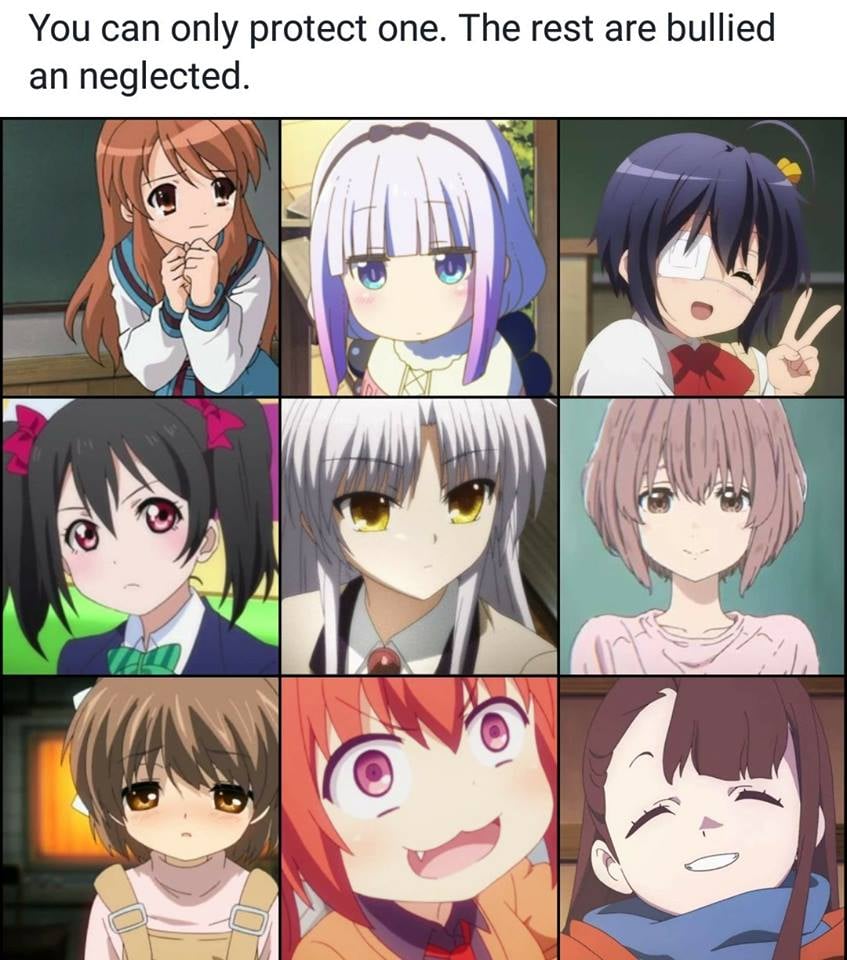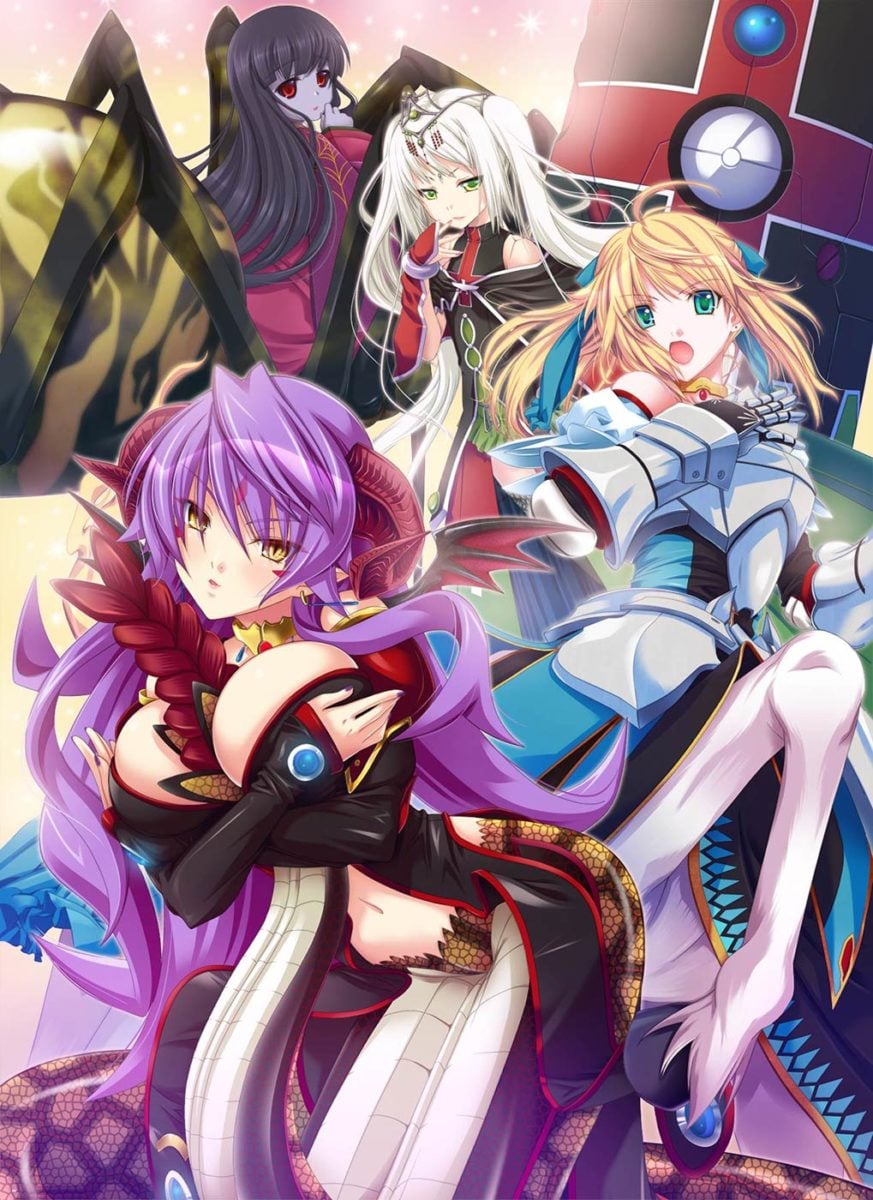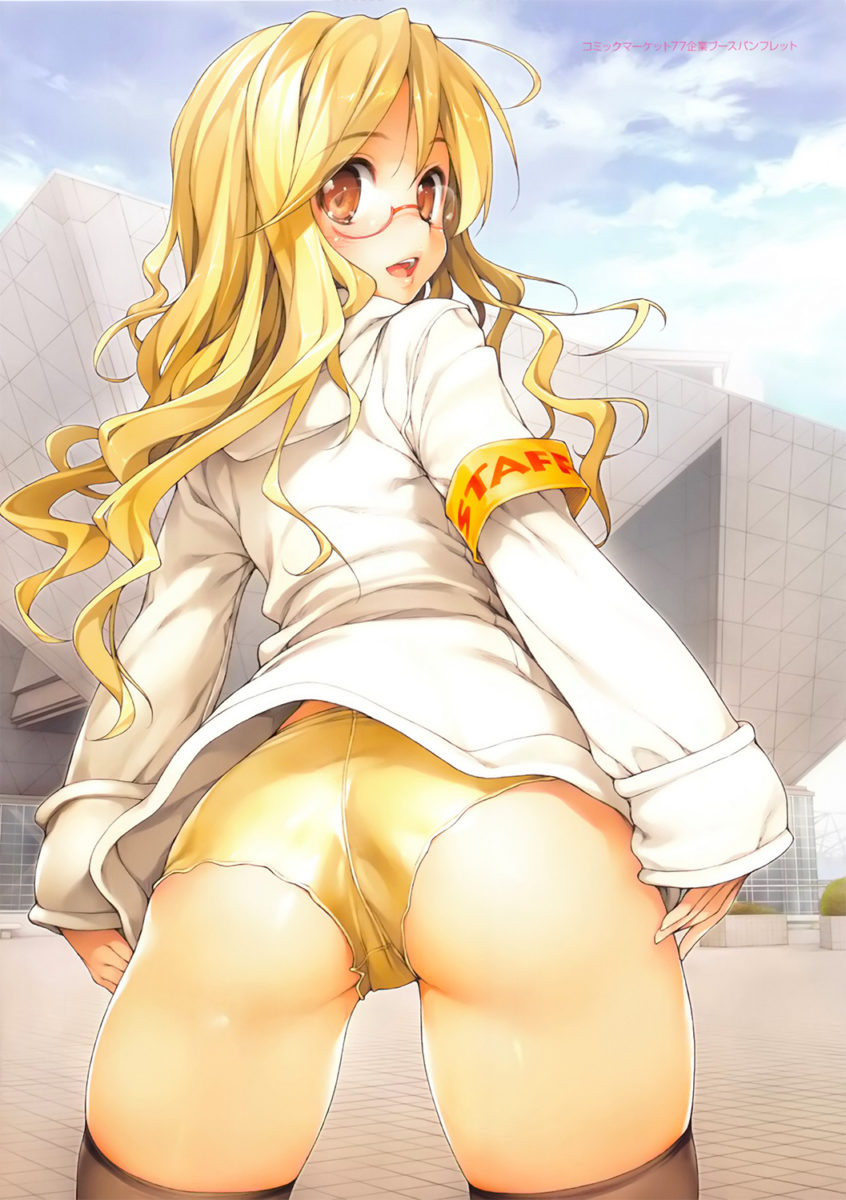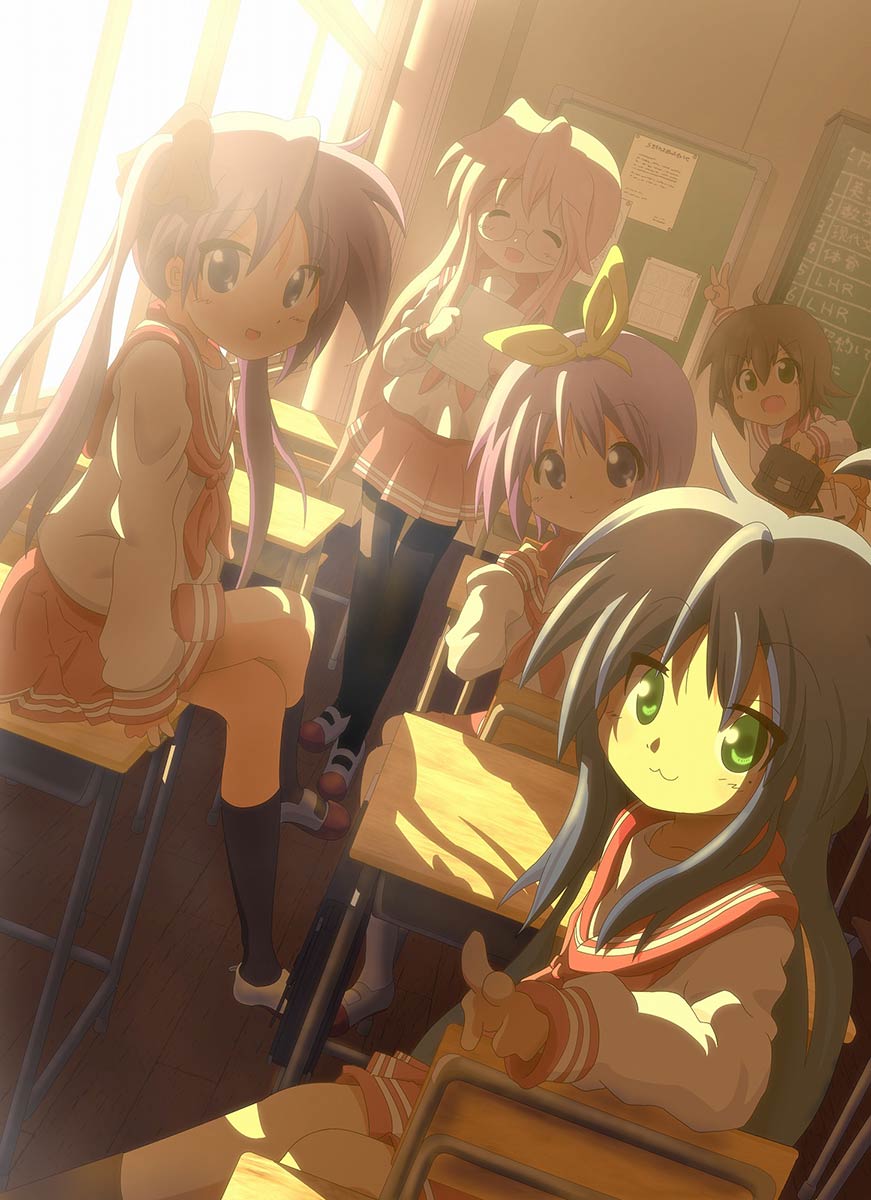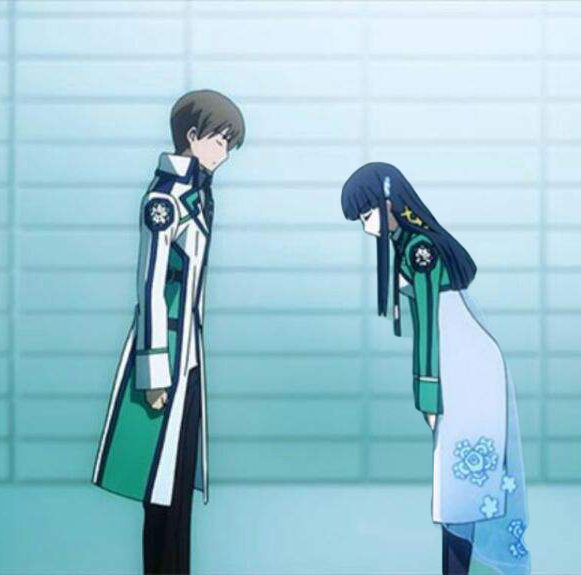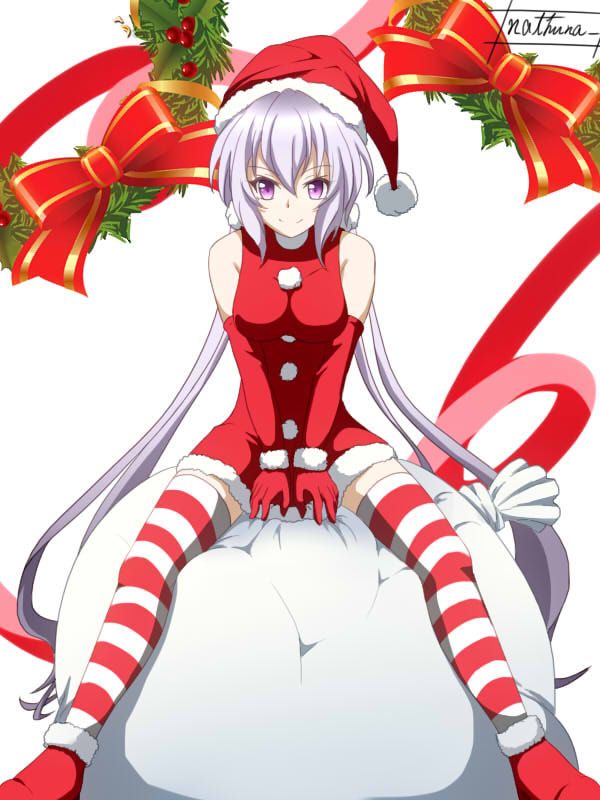Christmas is nearly here, and throughout Japan children are looking forward to getting a present from “Santa-san” while guys plan that big date with their girlfriends on Christmas Eve. December 25th is a unique time in Japan, a special event imported from the outside world with very little in the way of local roots or traditions, making it feel in some ways like an adaption of a Japanese matsuri (festival) more than the most solemn holiday in the West. Did I say holiday? Of course Christmas is just a normal work day in Japan, and there’s nothing like sitting in a traffic jam on Christmas Day to give you that “bizarre Japan experience.” One of the big cultural differences between Japan and the U.S. is how the roles of Christmas and New Year’s Day are reversed: here, Christmas is more often than not a time to have a loud Christmas party with your friends, complete with party hats, exploding firecrackers and maybe a karaoke machine, while New Year’s is a solemn, holy day for visiting with family and going to the Shinto Shrine to pray for happiness in the new year. Christmas at my house is a bit of a hybrid affair, with plenty of American trappings like the Charlie Brown Christmas Special combined with Japanese Christmas Cake from the local cake shop. Hmm, maybe we’ll go for a Hello Kitty one this year…
The first recorded Christmas in Japan took place in 1552, when missionaries who had accompanied Francis Xavier held mass in a newly constructed church in what is now Yamaguchi Prefecture, at the southernmost point of the main Japanese island of Honshu. Christianity would soon be outlawed by the Tokugawa Shoguns, who wanted to close the country to all outside influences, but Christmas was practiced for 250 years by kakure Kirishitan, the “secret Christians” of Kyushu who disobeyed the law on pain of death. The spirit of Christmas was also kept alive by the Dutch traders on Dejima, a man-made island in Nagasaki Harbor which was the only place foreigners were allowed to visit during the “closed country” era (as it wasn’t considered part of Japan proper). They invented a fictional holiday called Dutch Winter Solstice so they could celebrate the season without raising the eyebrows of the authorities, although I wonder if anyone was really fooled. It wasn’t until the early Meiji Period that the ban on Christianity was lifted, and slowly images of the holiday began to seep into the Japanese consciousness. These days Christmas is a fun affair, a time to walk under sparkling lights with someone special or buy a gift for your kids, but it’s New Year’s that’s the real focal point of the year in Japan.
Christmas lights in Japan are so pretty!


